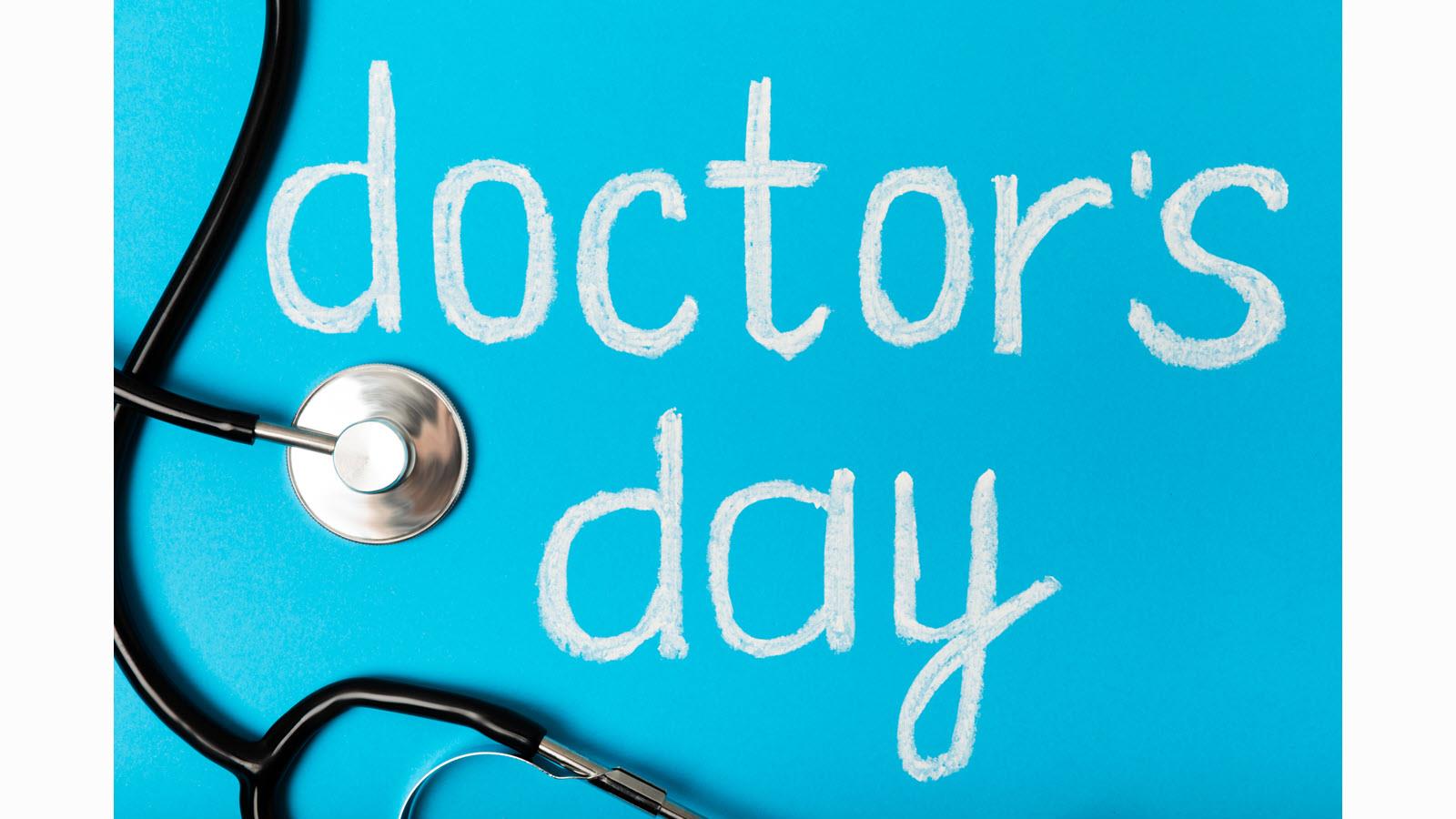With all the fast-moving developments in medical science, how can doctors keep up and deliver the best care and course of treatment to patients?
Ahead of Doctors’ Day on March 30, CSL Behring is sharing resources it provides physicians so they can better serve patients. A global biotech with locations around the world, CSL Behring makes medicines for people who have rare diseases such as hemophilia, primary immunodeficiency and hereditary angioedema.
Doctors can visit CSL Behring’s Medical Affairs website to learn about publications and supported independent medical educational programs.
Physicians today must integrate new medical knowledge at a faster rate and in greater quantities than ever before. An emergency medicine journal article summed it up this way: “Medical knowledge is expanding exponentially, outpacing the information that can be learned during medical training.”
Continuing education has always been a necessity for doctors, but the current environment calls for a different kind of learning framework altogether, according to the American Medical Association. “The physician of the future is a master adaptive learner,” the AMA said in 2020 at the start of the COVID-19 pandemic.
A master adaptive learner knows when to use “routine expertise” – already known approaches – and when to employ “adaptive expertise” – a more involved process – to search for potential solutions to a new situation they haven’t encountered before, the AMA says.
With millions of people affected by rare diseases, doctors need more specialized training so they can more quickly diagnose and treat patients. Some medical schools have added programs so students get an introduction to rare conditions even as their training is focusing on more common diagnoses. Penn State Medical School and the Immune Deficiency Foundation recently teamed up to offer a webinar series for health care providers so they can catch more cases of primary immunodeficiency – a rare disease that is the cause of frequent infections.



